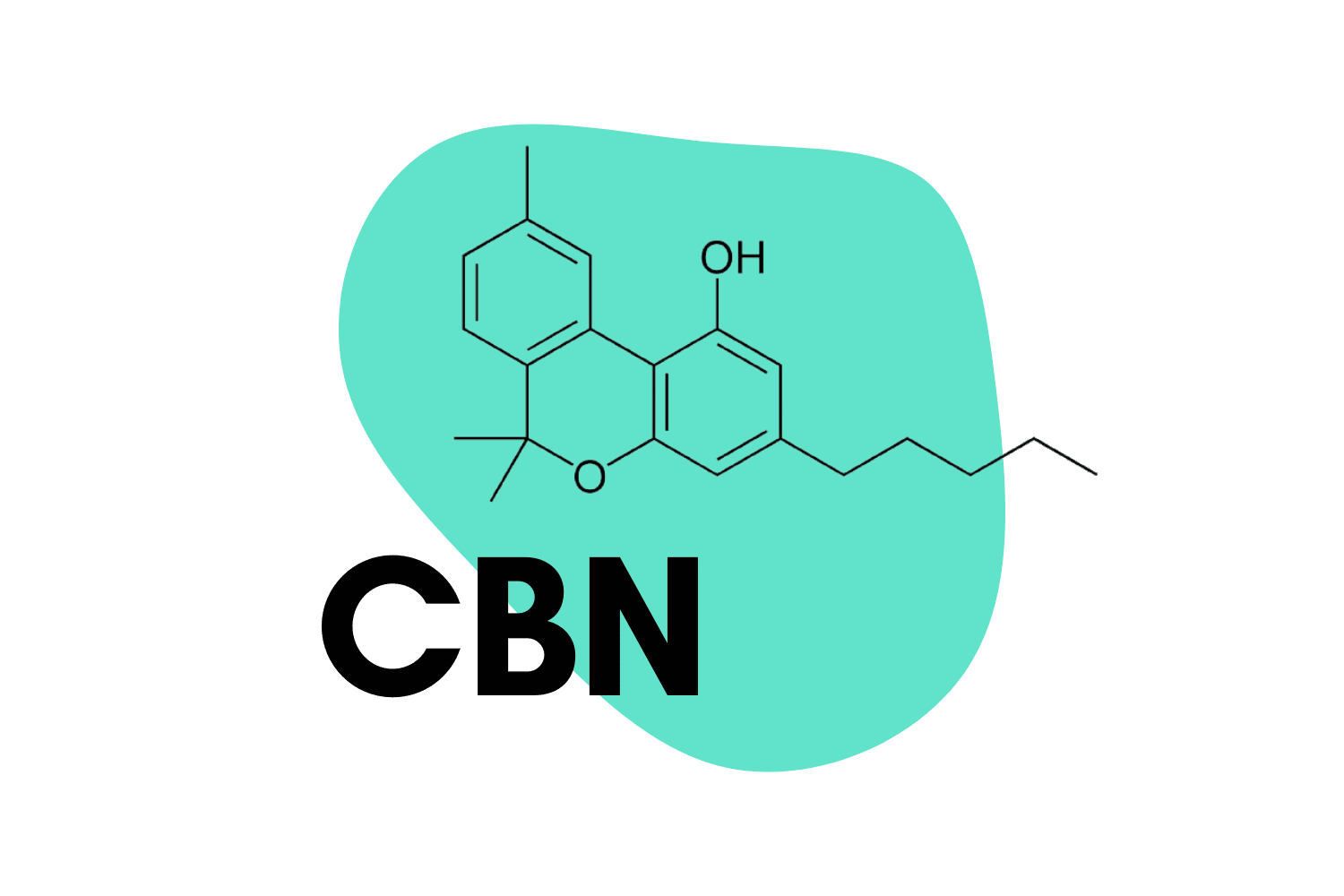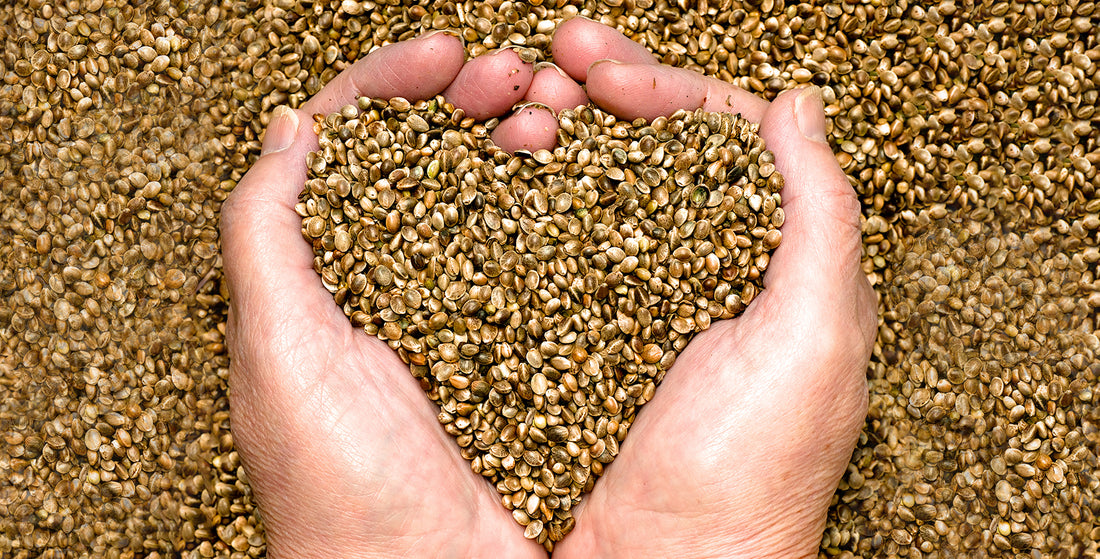
You might be curious how long cannabidiol will last in your system. CBD can remain in your body for between two and five days. But you may be surprised to find that it can last longer. The time the compound stays in your system depends on many factors, so it's important to understand how long CBD will be present in your body before you begin using it.
Cannabidiol lasts up to a full week in your system
Cannabidiol is a compound that can be found in the body for a long time. CBD is not as psychoactive as THC. Although it isn't psychoactive, CBD is a nontoxicant compound. CBD can be used to treat mild anxiety and pain. In the United States, it is illegal to consume marijuana. However, hemp-derived CBD products may be legal. Although CBD doesn't immediately show any effects, it can stay in your body for up to seven days.

It can lead to false positives at drug tests
While many people are using CBD oil for pain control, anxiety, and promoting sleep, there are a few things you should know about CBD and drug tests. THC is not present in CBD oil. However, false positives can be caused by it. These can have devastating consequences, especially if your criminal record is involved. There are several ways to avoid these consequences.
It is safe to be used
Cannabidiol - a compound found inside cannabis - is on the rise. It is also a safe, effective anti-seizure medication. To determine the safety and benefits of cannabidiol, more research is required. Cannabidiol, a chemical found in Cannabis sativa, is a nonpsychoactive compound that is not psychoactive. It is, however, much more potent than THC. THC is the molecule which gets people "high," but CBD doesn't have that effect.
It is not psychoactive
Cannabidiol is one ingredient in Cannabis Sativa. Its roots lie in Central Asia, and the plant has been used medicinally since at least 750 B.C. CBD is the nonpsychoactive form of THC. It can be obtained from cannabis or hemp. But, it may also contain THC in small amounts.
It is not stored within fat tissues
You can find CBD in fat tissue of people who have not used the drug. CBD can remain in the body for as much as 30 days according to research. However, individual metabolisms will affect the timeframe. For this reason, it's important to know how long CBD will remain in the body. This information can help you plan the dosage of your medication. You can also ask your doctor for a prescription if you're unsure of how long CBD will stay in your body.

THC is not metabolized in the same manner as THC.
It is not clear whether cannabidiol and THC are metabolized by the exact same enzymes. However, the two compounds are related to one another in their molecular structure. The first is metabolized by the cytochrome P450 enzyme family, which helps eliminate 70 percent of commonly prescribed drugs. The UGT enzyme family is responsible for the metabolism of the second compound.
FAQ
What is the future of the CBD industry?
The future looks bright for CBD. It's easy for people to get on board with this sector. With CBD products accounting for over $1Billion in global consumer spending, it is easy to see how the market is growing exponentially.
Statista predicts that global sales of cannabidiol in 2019 will reach $22.4 million. That's an increase of almost 200% from 2018!
Also, the CBD market is expected to grow at a compound annual rate of 22.5%. This would translate to almost $6.8 billion in revenues by 2022.
This is great news, both for new companies and those that are already active in the industry. However, we must be aware that the CBD market is still very much in its infancy and will face some challenges along the way.
Which countries produce the highest quality CBD products?
The United States produces the vast majority of CBD products.
Canada, Australia New Zealand, Israel and New Zealand also produce high-quality CBD product.
What are the most popular CBD brands?
These top CBD brands were handpicked by us on the basis of quality, reliability and value.
They sell CBD oil products of high quality that contain less than 0.2% HCA.
We also recommend checking out our list of the best CBD sellers worldwide.
Which states have the highest CBD consumption?
The top three states are California, Colorado, and Oregon. These states have large populations, high incomes, and low unemployment rates. They also have higher levels of hemp farming than other states.
California leads the pack because its economy heavily depends on agriculture. It is home to a large amount of fruits and vegetables. It makes sense, as cannabis is also derived from hemp.
Oregon and Colorado are closely followed by Oregon, both of which produce marijuana for medical use. California is the only state that allows recreational marijuana use, but these two states are not.
Other high-ranking states include Washington, New York and Florida.
How does the price of CBD vary across different states?
Prices for CBD products depend on where you are located. In fact, prices can differ by more than ten times!
In general, prices increase the further north you go. CBD can be found in Alaska at $35 per kilogram, and Hawaii at $200 per grams.
This trend is continued across the nation. Prices range from $5 to over $2,500 per gram.
Why is this happening to you?
Variable levels of regulation can explain why prices differ so greatly. Some states require CBD products to contain minimal THC (the psychoactive element of marijuana). Other states don't care what level of THC is present.
This is why some companies decide to sell products in one country and then send them to another.
What conditions can CBD treat?
The most important thing for any treatment to have an effect on is the person's health condition. A doctor must prescribe cannabis oil to be used as medicine. You cannot use cannabis products without a prescription from your doctor.
There is no need for a prescription if you are using cannabis oil in a healthy way. To make sure that the oil is safe, it's a good idea to consult your doctor.
Cannabinoids are either extracted from whole plants or cannabinoids (THC, CBN) isolated compounds. Cannabis oils are made from these extracts. They can contain many cannabinoids such as cannabidiol, tetrahydrocannabinol and cannabinol.
These components interact with the receptors in the body to produce pain relief, stress management, anti-inflammatory and antioxidant effects.
Is the CBD market saturated?
CBD industry has a growing rate of 25% annually. This growth is expected to continue for at least another five years. In fact, the industry is expected grow from $2Billion today and $5Billion by 2020.
Two companies dominate the CBD market: GW Pharmaceuticals (Canndoc Ltd) and Canndoc Ltd. Both companies are focused on the development of pharmaceutical-grade CBD products. Both have not been very successful to date. Both are struggling to get traction on market.
Cannabidiol, or CBD (cannabidiol) is a cannabis extract that contains less 0.3% THC. It does not produce any psychoactive effects. It can be used to treat epilepsy or other medical conditions. It is also commonly used as a dietary supplement.
There are many types of CBD products. Some CBD products contain whole plant extracts. Others use CBD-rich cannabinoids.
These products all have one thing in common: they contain low amounts of THC.
They are now legal under US federal laws. However, this doesn't mean that you don't need to follow local laws when selling CBD products. You should always verify your state's regulations for the sale of CBD products.
In addition, there are several states where CBD products are illegal. These include California. Colorado. Florida. Mississippi. Missouri. New York. North Carolina. Ohio. Oklahoma. Oregon. Rhode Island. South Dakota. Texas. Utah. Virginia. Washington.
You will want to stay clear of CBD products if you are from one of these states.
Statistics
- CBD seems unlikely to directly influence sleep in healthy humans [115] (and maybe “sleep-promoting” in those with certain comorbid conditions) (ncbi.nlm.nih.gov)
- OralWhere HED is the human equivalent dose, and Km is a correction factor estimated by dividing the average body mass (BM) of the species (60, 0.020, and 0.150 kg for 11 humans, mice, and rats, respectively) and by its surface area (see: Nair et al. (ncbi.nlm.nih.gov)
- The use of these products is likely to become even more widespread if the World Health Organization's recommendation that CBD no longer is scheduled in the international drug control conventions is adopted by the United Nations member states [201]. (ncbi.nlm.nih.gov)
- A recent study [161] also found that in vitro CBD treatment (i.e., ≤ 2 h exposure to 10 μM) induced ~40% vasorelaxation in isolated (pre-constricted) (ncbi.nlm.nih.gov)
- HR −16 mmHg; 95% CI −26, −6; I2 = 92%) (ncbi.nlm.nih.gov)
External Links
How To
What are the major issues facing the CBD industry in general?
The market for CBD products continues to grow at an amazing rate. However, there are still many challenges facing businesses looking to enter this space. These include a lack consumer awareness, high-cost entry, limited access capital and regulatory uncertainty.
Many consumers aren't aware of the benefits and limitations of CBD. They are unable to make an informed decision about buying CBD products.
CBD companies heavily rely on word-of-mouth advertising. This is expensive because it requires paying for advertising and hiring staff to promote their brand.
High production costs are another problem facing new entrants in the CBD industry. CBD products can be very costly because of the cost of the raw materials. CBD oil can only be made if hemp is grown in the right climate and soil conditions.
For CBD oil to be produced, you need to plant enough hemp. This costs about $1,000 an acre. As a result, many small farmers cannot afford to start.
Access to capital is another challenge for new entrants in the CBD market. Banks are often discouraged from helping people start businesses because of the stigma that surrounds the industry.
There is also regulatory uncertainty around the sale of CBD products. There are no guidelines for how CBD products should market.
Some states have passed legislation restricting the sale of CBD products, but this has yet to become national policy.
Only Nevada, Maine, and Nevada have legalized recreational pot.
Massachusetts and Michigan, however, are exploring similar options.
These changes could cause increased competition among CBD manufacturers.
These factors lead to many entrepreneurs choosing to work from their home instead of starting a physical company.